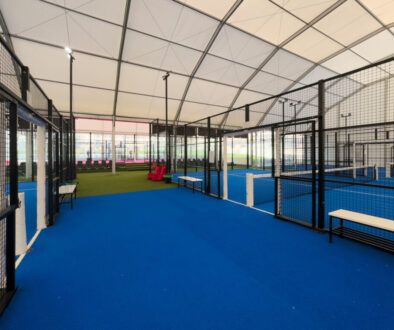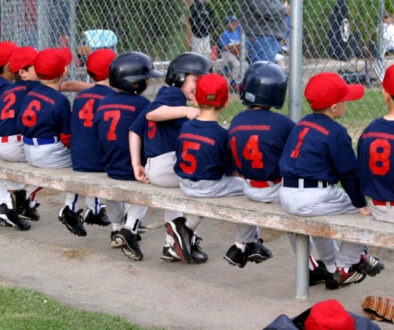The 1 Word I NEVER use with my Sports Facility Staff
In my last post on fixing your sales process for camps and classes, I realized that I broke one of my own rules — a rule that I’ve recently discovered makes a big difference at my sports facility.
That rule is to never use the word “sales” when I’m discussing our approach to promoting classes, memberships and lessons. The same rule applies with anyone who might not see themselves as a salesperson, and that probably includes you.
It took me months to realize that I was taking the wrong approach in this regard. I would mention the importance of hitting the phones to sell the spots in an upcoming camp, only to be met with this hesitation: “But … I’m not a salesperson!”
Reasons Why
There are a few reasons that the word “sales” elicits this type of response. First of all, your staff probably has negative connotations of salespeople. We’re all familiar with the stereotype of the manipulative, pushy, slimy sales rep, so the word doesn’t exactly have a stellar reputation for people with no business background.
However, even if your staff has no problem with the idea of sales in general, they still might see it as a mysterious or innate skill that they just don’t have. My staff loves helping athletes reach their peak potential. They love the games of baseball, football, softball, soccer. If asked to describe their strengths, the word “selling” would be nowhere near the list. So, when you talk about “selling” an upcoming event, their knee-jerk reaction is “I’m not good at that.” They immediately think of deadlines and impending failure.
Important Characteristics
Now, here’s the funny thing about this situation: I know very well that my staff can sell, because they have the most important characteristics of any sales rep:
- they understand our clients’ needs
- they’re passionate and knowledgeable about what they’re selling (athletic training)
- they’re articulate about the benefits that our services provide
They have the basic foundation. They just need encouragement and practice.
What To Do Instead
To remove that sense of intimidation that inevitably pops up when I frame the conversation in terms of “sales,” I’ve found that it’s better to use terms like “branding,” “promotion,” and “getting the word out.” If your staff is really invested in your programs and believes that they can help people live healthier lives, these efforts will be a lot more appealing to them.
Listen: Changing a few words around isn’t going to trick your staff into suddenly rushing out the door to hand out fliers on the street. Everyone wishes they could just skip the “selling” part of their work, because sales is difficult. It involves getting out of your comfort zone, putting yourself “out there” and risking rejection. Yes, it would be nice if all your clients found you via word-of-mouth. That’s not going to happen, though – and if you want your business to be more than just a side income, you have to be proactive about getting new paying clients.
Maybe you’re new to the idea of thinking of yourself as a salesperson. Here’s a good starting point: Subscribe to my posts and you’ll get free, sales-focused advice each week. Have other questions? Email me.



